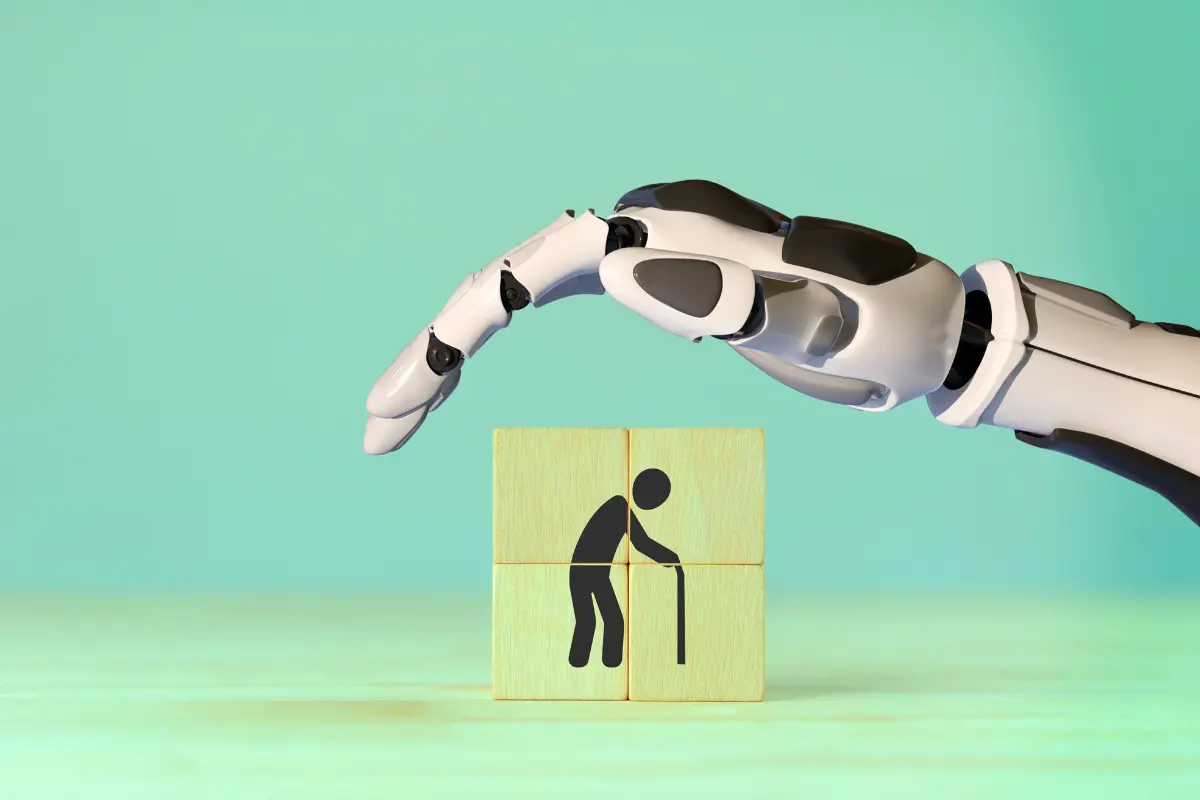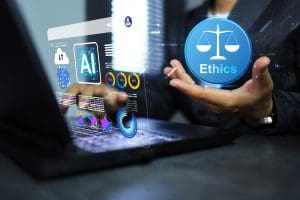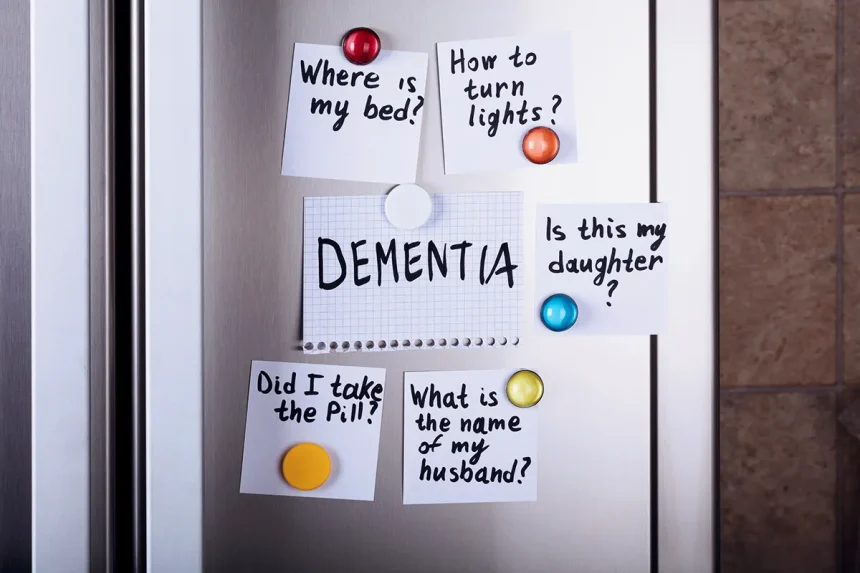Your tech-savvy granddaughter gifts you a sleek smartwatch for your 80th birthday. It tracks your steps, monitors your heart rate, and even detects if you’ve taken a fall. Sounds great, right? Here’s the catch: it’s also collecting a treasure trove of data about your daily habits, health status, and location. Welcome to the brave new world of elder data ethics, where the promise of safety and independence collides head-on with thorny questions of privacy, consent, and autonomy. As our population grays and technology advances at breakneck speed, we’re facing an ethical minefield in the realm of data collection from older adults. It’s time to navigate this terrain with the wisdom of age and the innovation of youth.
Overview:
- Ethical data collection from older adults is a complex interplay of consent, privacy, and equity.
- Cognitive decline and technological literacy pose unique challenges in obtaining informed consent.
- The digital divide raises concerns about equitable representation in research and healthcare.
- Empowering older adults in the research process is crucial for ethical data practices.
- The future of ethical data collection involves AI, personalized approaches, and community engagement.















